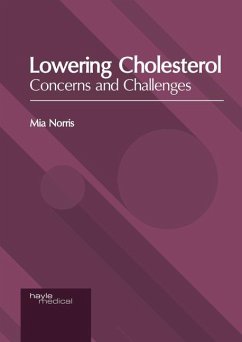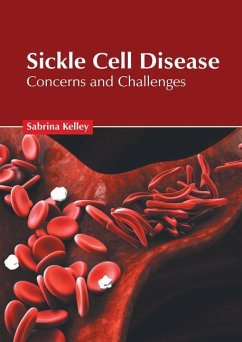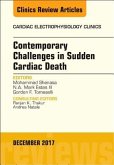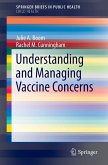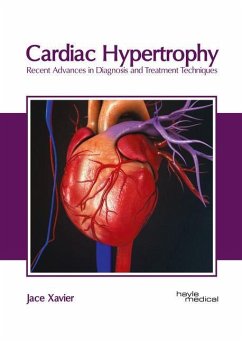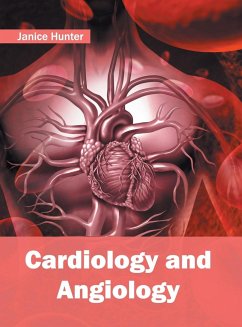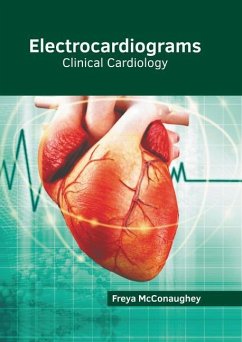Cholesterol is a sterol that is biosynthesized by all animal cells. It is an important structural component of animal cell membranes. It also acts as a precursor for the biosynthesis of steroid hormones, vitamin D and bile acid. The cholesterol ingested is esterified but it is poorly absorbed by the body. It compensates for the absorption of additional cholesterol by reducing further synthesis. The liver excretes cholesterol in a non-esterified form into the digestive tract. About half of this cholesterol is reabsorbed back into the bloodstream at the small intestine. High levels of cholesterol are associated with a high risk of atherosclerosis, cardiovascular disease, stroke, heart attack, etc. The risk of acquiring these conditions is dependent on the quantity of cholesterol one consumes and also the kind of cholesterol in blood. The management of cholesterol does not necessarily resolve with dietary control alone, but also requires exercise and medication. This book covers in detail some existing theories and innovative concepts revolving around the management of cholesterol. The topics covered herein deal with the concerns and challenges of high cholesterol. With state-of-the-art inputs by acclaimed experts of this field, this book targets students and professionals.
Hinweis: Dieser Artikel kann nur an eine deutsche Lieferadresse ausgeliefert werden.
Hinweis: Dieser Artikel kann nur an eine deutsche Lieferadresse ausgeliefert werden.

